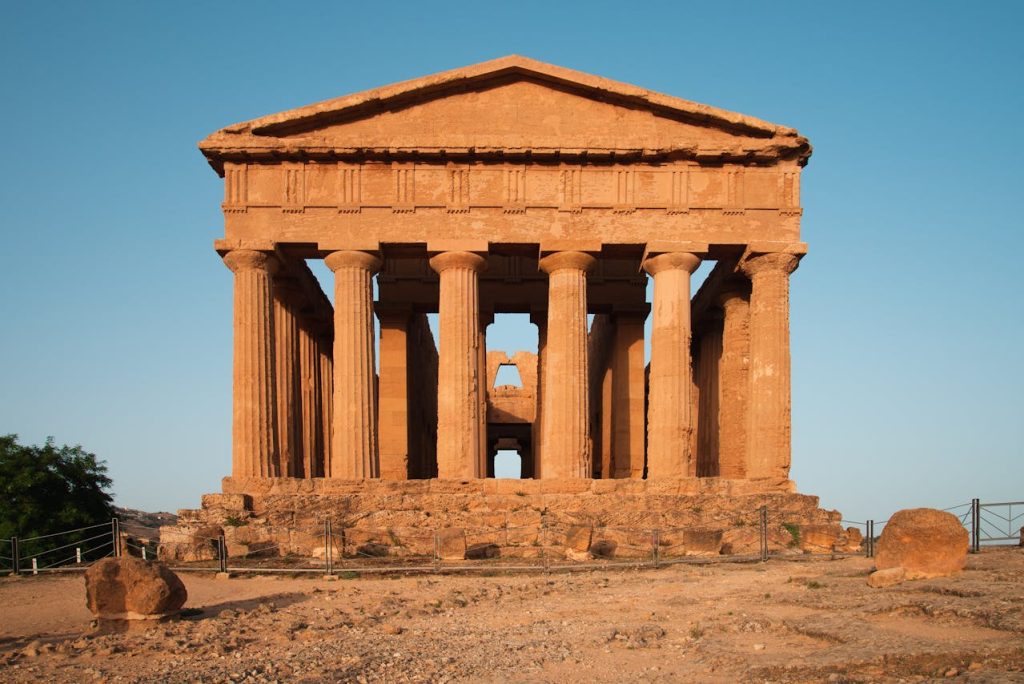Your basket is currently empty!
Hermes
The Divine Messenger and God of Boundaries
Hermes, one of the most versatile Olympian gods, is celebrated as the swift-footed messenger of the gods, as well as the deity of travel, commerce, and cunning. Born to Zeus and the nymph Maia, Hermes displayed his resourcefulness from the very moment of his birth. As an infant, he crafted the first lyre using a tortoise shell and later slyly stole Apollo’s cattle, an escapade that earned him both a reprimand and admiration from the gods.
Known for his winged sandals and caduceus—a staff entwined with two snakes—Hermes was a tireless traveler between realms, effortlessly navigating the heavens, earth, and underworld. His role as a psychopomp, guiding souls to the afterlife, underscored his importance as a bridge between life and death. Hermes also played a pivotal part in aiding heroes and mediating disputes among the gods.

Despite his cunning nature, Hermes was a benefactor of humanity, credited with inventing weights, measures, and trade. He was also associated with luck and was a protector of travelers and merchants. In the Trojan War, Hermes supported the Greeks but remained relatively neutral, often acting as a mediator or messenger rather than a combatant.
Hermes’ legacy is one of wit, ingenuity, and adaptability. His myths highlight his ability to thrive in any situation, reflecting the human qualities of intelligence and resourcefulness. As a boundary-crossing figure, Hermes embodies the connections between worlds, reminding us of the value of communication and cleverness in overcoming challenges.

Leave a Reply